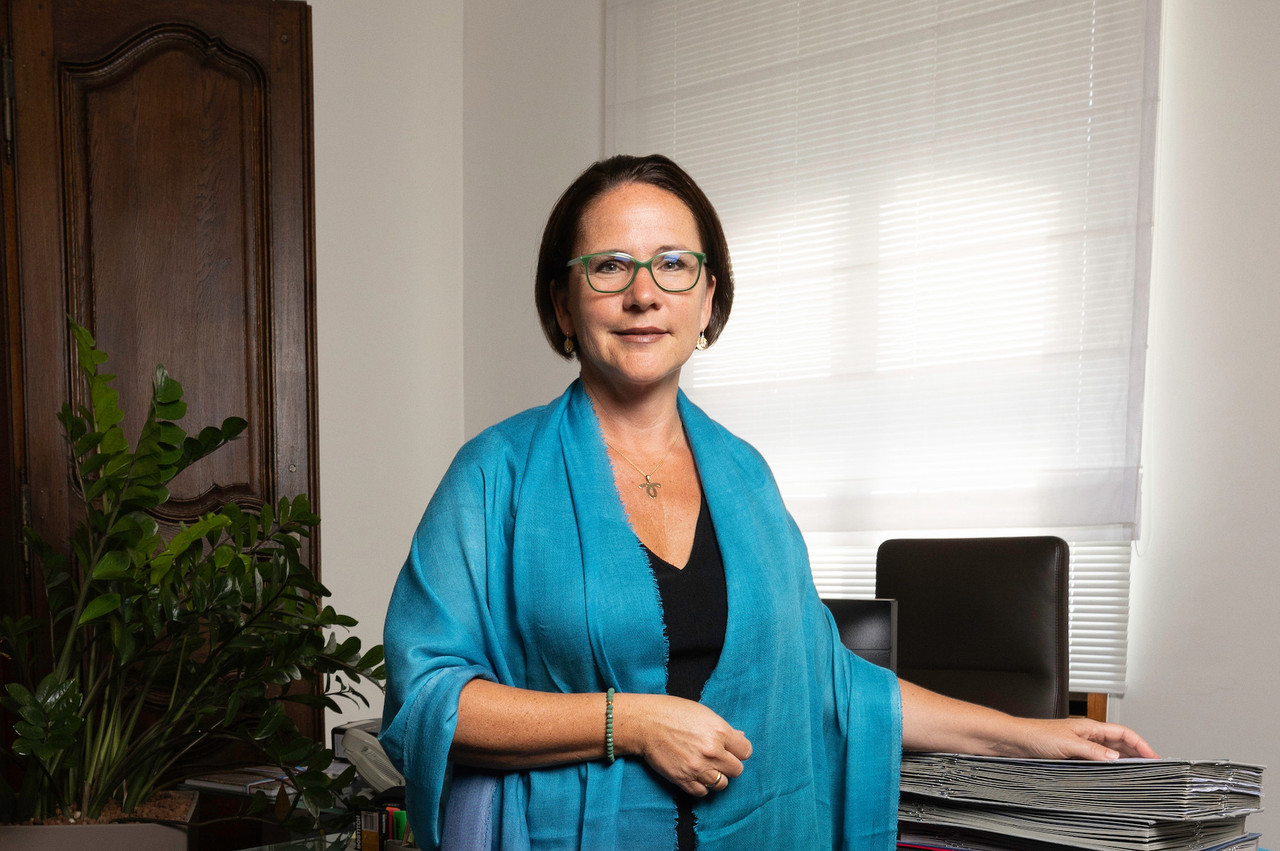The finance minister was invited to talk about the sanctions implemented during the past 12 months and the EU’s accelerated green transition that resulted from the conflict. Since the start of the general attack on Ukraine in February 2022, the EU so far has adopted that aim to weaken Russia’s economy through bans on imports and exports, financial measures and asset freezes among others.
Sanctions against Russia are “very important,” said (DP). Luxembourg has “a responsibility as an international financial centre” and measures should be taken to ensure that “there is no circumvention of sanctions.” The grand duchy and its allies should also see what else can be done, she told Bloomberg.
Usage of the country’s frozen assets in the reconstruction of Ukraine needs to be in accordance with the rule of law, said Backes during the interview broadcasted on 10 February. Some member states, like Poland and the Baltic states, have advanced the idea of investing the frozen assets--close to €20bn at EU level and --in fixing the damage caused by Russia’s army in Ukraine. “This could be a precedent, because something like that has never been done before. So I think this will entail some more discussions.”
Read also
Questioned about the green energy transition and the impact of global competition on clean energy supply chains, the minister warned against taking a protectionist approach; it would be wrong “to fight protectionism with protectionism. I think that is not in the interest of anyone.” Open economies like Luxembourg should make a stand and encourage collaboration over competitiveness as “we have to be very sure to continue to support open markets and open economy on a [global] scale,” Backes said.
The finance minister suggested stronger multilateral frameworks and international rules and standards as a solution for a smoother transition to renewable and transition energies.
